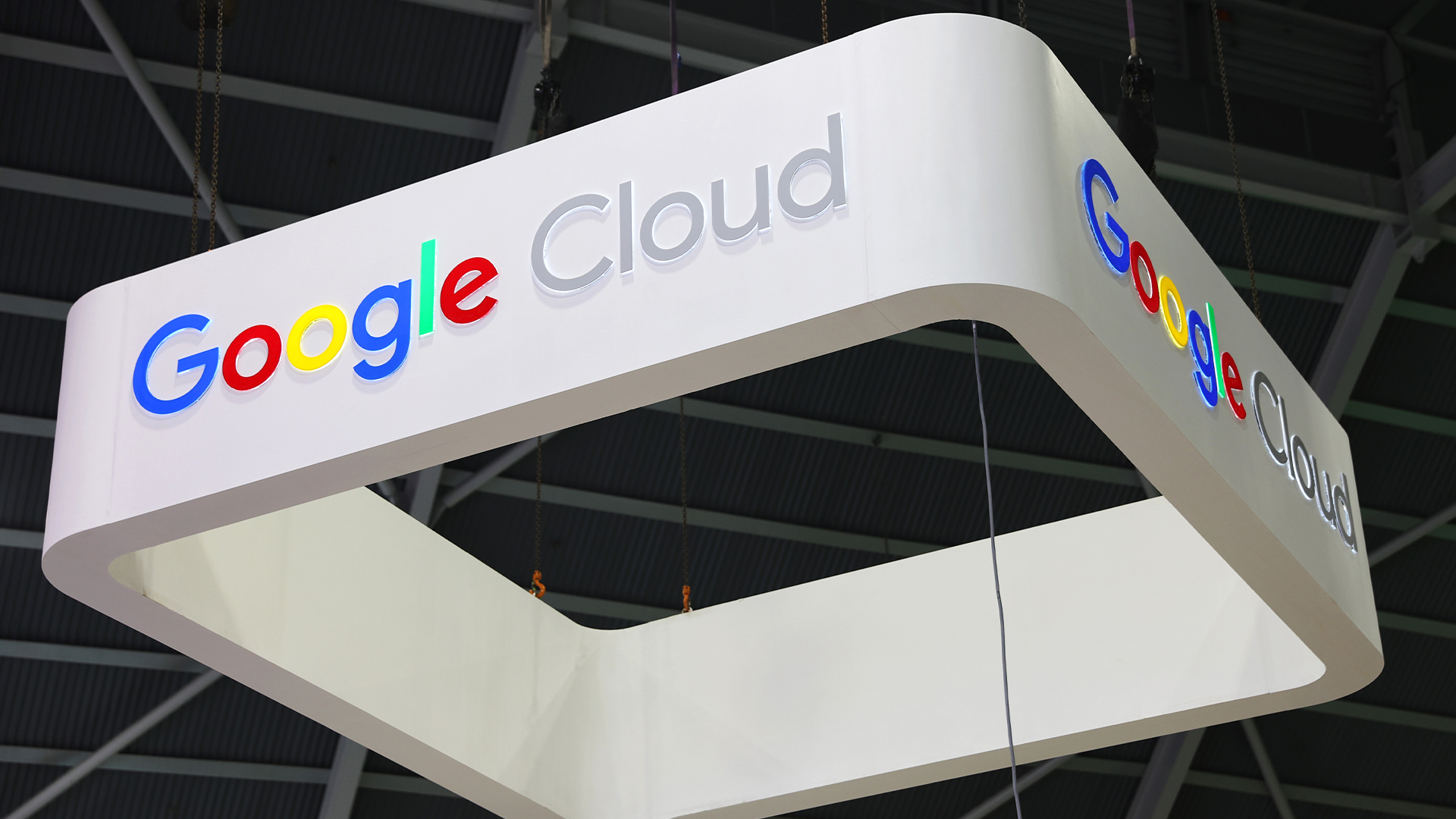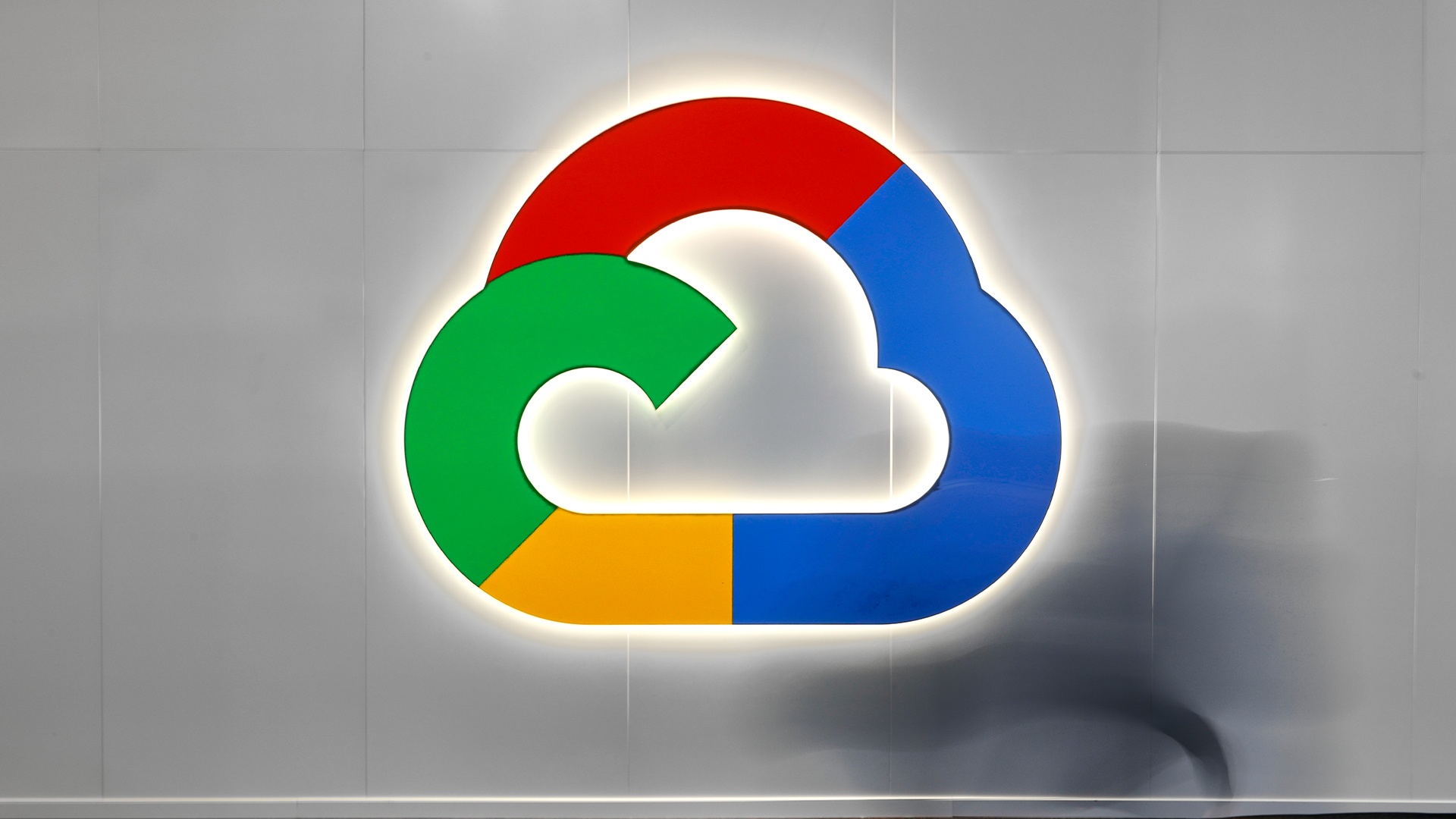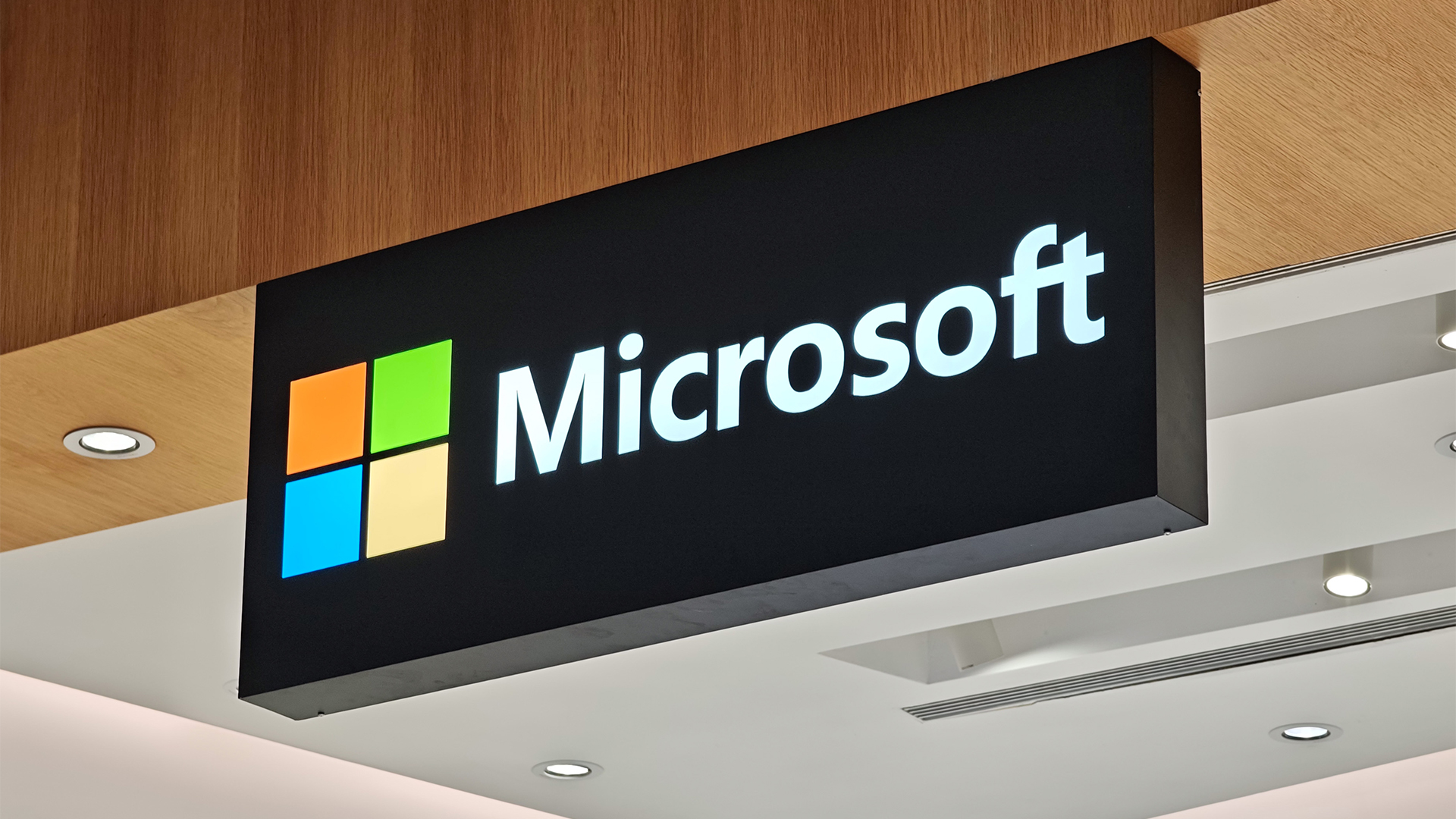Microsoft slams Google’s ‘shadow campaigns’ as feud over cloud regulation escalates
Google is being accused of creating an “astroturf” organization that is driven by ulterior motives


Sign up today and you will receive a free copy of our Future Focus 2025 report - the leading guidance on AI, cybersecurity and other IT challenges as per 700+ senior executives
You are now subscribed
Your newsletter sign-up was successful
Microsoft has fired shots at Google over its activity in the European cloud market, accusing the latter of conducting ‘shadow campaigns’ in the region.
Rima Alaily, competition and market regulation lead at Microsoft, took to the company blog and claimed Google has played a part in creating a new organization designed specifically to discredit Microsoft.
She called it an “astroturf” organization, one which is driven by ulterior motives though presented as a grassroots effort, adding that Google has gone to lengths to obfuscate its involvement in the group's funding and control.
“When the group launches, Google, we understand, will likely present itself as a backseat member rather than its leader. It remains to be seen what Google offered smaller companies to join, either in terms of cash or discounts,” Alaily said.
Following Alaily’s comments, Google was revealed as a member of the newly formed ‘Open Cloud Coalition’ which, in its own words, seeks to drive openness and competition across the EU, UK, and global markets.
According to Alaily, Google hired a lobbying and communications agency to establish this new organization. One company that declined to join the group reportedly told Microsoft the group would be directed and funded to attack Microsoft’s cloud computing business in the EU and the UK.
Alaily added that Google’s motivation for the move is two-pronged – to distract from ongoing regulatory scrutiny against Google around the world and to tilt the regulatory landscape in its favor instead of competing on its own merits.
Sign up today and you will receive a free copy of our Future Focus 2025 report - the leading guidance on AI, cybersecurity and other IT challenges as per 700+ senior executives
"It is disappointing that, with the foundation of their business facing jeopardy, they have sought to bolster their cloud computing service – Google Cloud Platform – by attacking ours,” she said.
Google and Microsoft’s long-running feud
As part of her seething criticism, Alaily mentioned an incident in July 2024 whereby Google attempted to scupper a Cloud Infrastructure Services Providers in Europe (CISPE) settlement with Microsoft.
Google offered CISPE $512 million in a combination of cash and software licenses to keep up its litigation with Microsoft, though CISPE ultimately declined.
More recently, Google filed a formal EU complaint against Microsoft over cloud practices, alleging the latter to be guilty of anti-competitive practices by locking users into its Azure platform.
RELATED WHITEPAPER

Google claimed that Microsoft’s licensing terms stop European customers from moving Microsoft workloads to competitor’s clouds.
The rival hyperscaler certainly isn’t the only organization with concerns about Microsoft’s competitive practices.
AWS has chimed in with its criticisms of the firm, while regulators in both the UK and EU have probed Microsoft’s market control.
Google has since responded to Microsoft's claims, with a spokesperson noting that the firm has been "very public about our concerns with Microsoft's cloud licensing".
"We and many others believe that Microsoft's anticompetitive practices lock-in customers and create negative downstream effects that impact cybersecurity, innovation, and choice," the spokesperson said.

George Fitzmaurice is a former Staff Writer at ITPro and ChannelPro, with a particular interest in AI regulation, data legislation, and market development. After graduating from the University of Oxford with a degree in English Language and Literature, he undertook an internship at the New Statesman before starting at ITPro. Outside of the office, George is both an aspiring musician and an avid reader.
-
 Will a generative engine optimization manager be your next big hire?
Will a generative engine optimization manager be your next big hire?In-depth Generative AI is transforming online search and companies are recruiting to improve how they appear in chatbot answers
-
 European Commission clears Google’s Wiz acquisition, citing 'credible competition' from Amazon and Microsoft
European Commission clears Google’s Wiz acquisition, citing 'credible competition' from Amazon and MicrosoftNews Regulators said there are “several credible competitors” to Google regardless of the acquisition
-
 Cloud infrastructure spending hit $102.6 billion in Q3 2025 – and AWS marked its strongest performance in three years
Cloud infrastructure spending hit $102.6 billion in Q3 2025 – and AWS marked its strongest performance in three yearsNews Hyperscalers are increasingly offering platform-level capabilities that support multi-model deployment and the reliable operation of AI agents
-
 Google Cloud teases revamped partner program ahead of 2026
Google Cloud teases revamped partner program ahead of 2026News The cloud giant’s new-look partner ecosystem shifts focus from activity tracking to measurable customer outcomes
-
 What Palo Alto Networks' $10bn deal with Google Cloud means for customers
What Palo Alto Networks' $10bn deal with Google Cloud means for customersNews The extension of an existing partnership between Palo Alto Networks and Google Cloud is designed to boost security amid rise in AI
-
 Cohesity deepens Google Cloud alliance in data sovereignty push
Cohesity deepens Google Cloud alliance in data sovereignty pushNews The pair’s expanded collaboration will focus on new integrations for AI, cybersecurity, and data protection
-
 Dell Technologies targets private cloud gains with new Azure Local features
Dell Technologies targets private cloud gains with new Azure Local featuresNews Dell and Microsoft are teaming up to offer private cloud on Azure Local for a simplified hybrid solution
-
 Microsoft’s new ‘marketplace’ lets customers pick and choose cloud, AI solutions
Microsoft’s new ‘marketplace’ lets customers pick and choose cloud, AI solutionsNews The Microsoft Marketplace looks to streamline customer access to AI and cloud services
-
 Google Cloud introduces ‘no-cost’ data transfers for UK, EU businesses
Google Cloud introduces ‘no-cost’ data transfers for UK, EU businessesNews Google Cloud's new Data Transfer Essentials service will allow enterprises to transfer data to alternative providers at no extra cost.
-
 Google strikes big win with $10 billion Meta cloud deal
Google strikes big win with $10 billion Meta cloud dealNews As Meta continues its AI drive, the company is looking outside for the necessary infrastructure